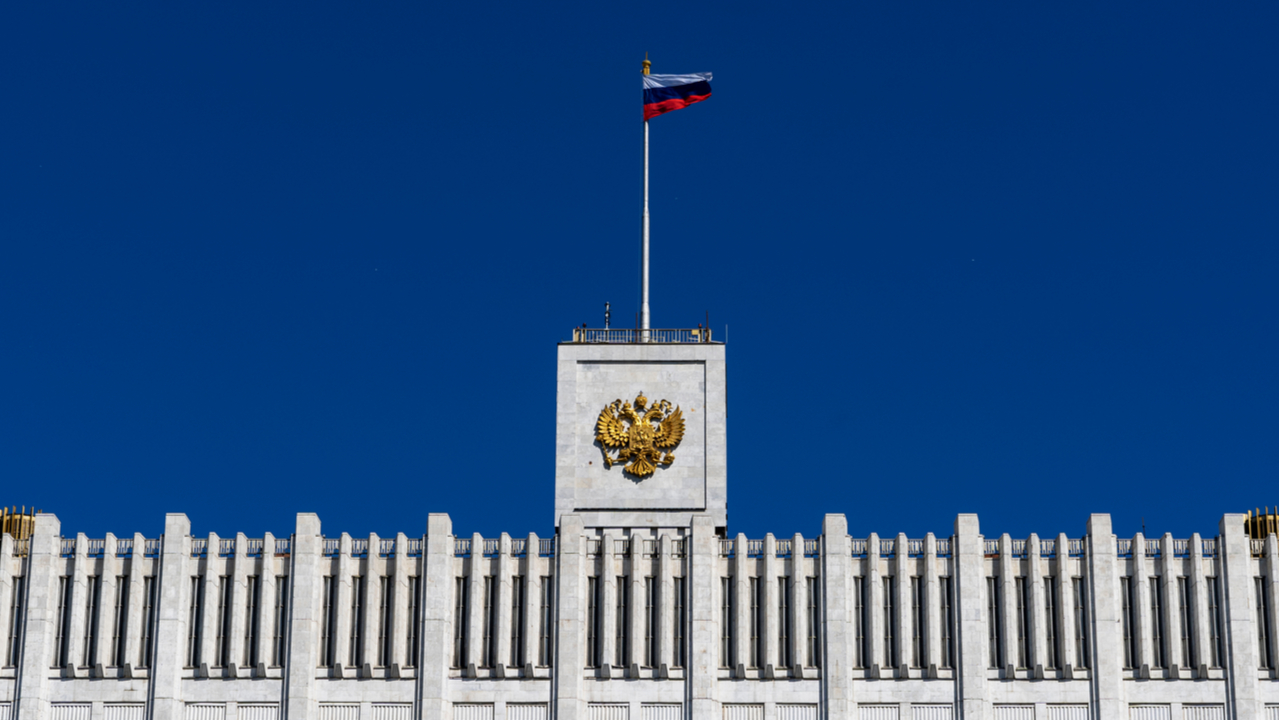
Discussions on the future of “virtual currency exchangers” in Russia should be completed in 2022, a high-ranking representative of the country’s financial watchdog has indicated. According to international standards, Moscow authorities would either have to regulate these platforms or ban them.
The Next Year is a Big Year for Russia’s Digital Currency Exchangers
In 2022, all considerations regarding regulation of cryptocurrency-exchangers must be ended. That’s according to a statement by the Deputy Director of Russia’s Federal Financial Monitoring Service (Rosfinmonitoring) Herman Neglyad, quoted by Tass.
At this year’s Banking Legal Conference, the official noted that in the light of efforts to manage risks associated with money laundering and terrorist financing under the national risk assessment adopted in 2018, virtual assets such as cryptocurrencies are recognized as a high risk factor for Russia’s financial space. Neglyad also stressed the following:
This will allow us to have an ongoing discussion, which I believe we can complete in the coming years. This should all be done within the FATF guidelines.
Rosfinmonitoring’s executive explained further that it was necessary for FATF (Financial Action Task Force) to regulate entry points into the financial system. In this instance, the crypto exchangers. The organization, he elaborated, offers the country two alternative approaches — either the legalization of these crypto platforms through registration as subjects of anti-money laundering laws, or prohibition of their activities.
“Both options have a right to exist. There are different points of view,” Herman Neglyad commented. He also insisted on the fact that this debate should end.
In the Russian Federation, cryptocurrencies and some related activities have been partially regulated with the law “On Digital Financial Assets” which went into force in January. The adoption of new legislation will help to further regulate many critical aspects, including the taxation of cryptocurrency trading, the state of crypto mining and how they are treated as income.
Bank of Russia, the country’s monetary authority, remains categorically opposed to allowing bitcoin payments. The financial regulator insists that decentralized digital currencies represent ‘money surrogates’ which are banned under Russian law. It’s also actively working with private banks to develop and issue a digital version of the national fiat, the ruble.
Restrictive government action has often targeted crypto-exchangers. After a court decision declaring their content prohibited, several platforms that offered cryptocurrency exchange and cash-out options for Russian citizens were shut down in October.
What do you think Russia will do to prohibit cryptocurrency exchangers from its territory? Please comment below with your opinions.
Images CreditsShutterstock. Pixabay. Wiki Commons
DisclaimerThis information is provided for educational purposes only. This article is not intended to be a solicitation or offer to sell or buy any product, service, or company. Bitcoin.com doesn’t offer investment, tax or legal advice. This article does not contain any information, products, or advice that can be used to cause or alleged result in any kind of damage.